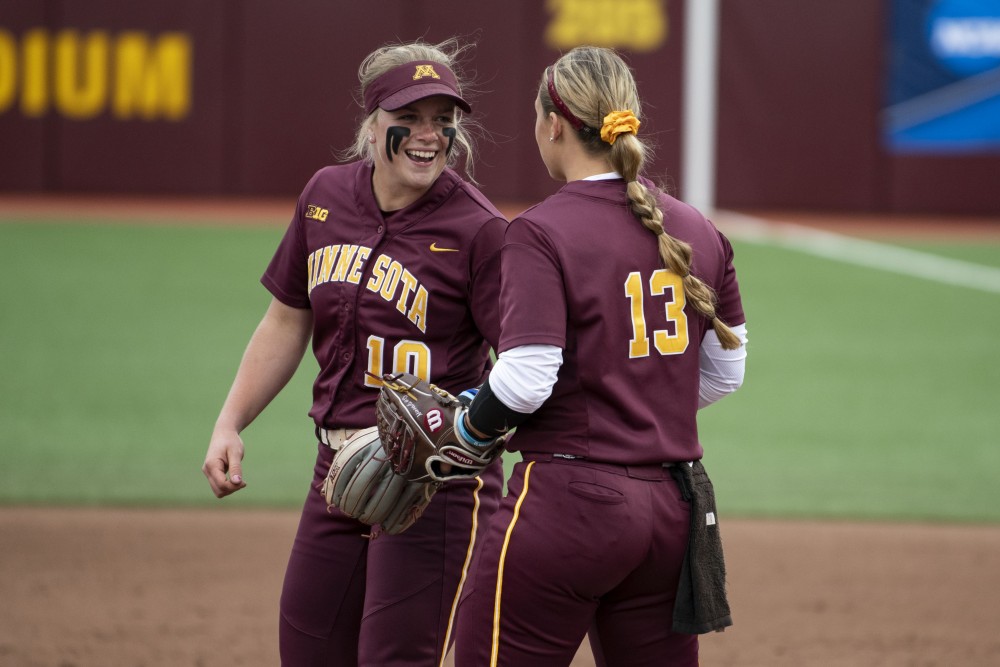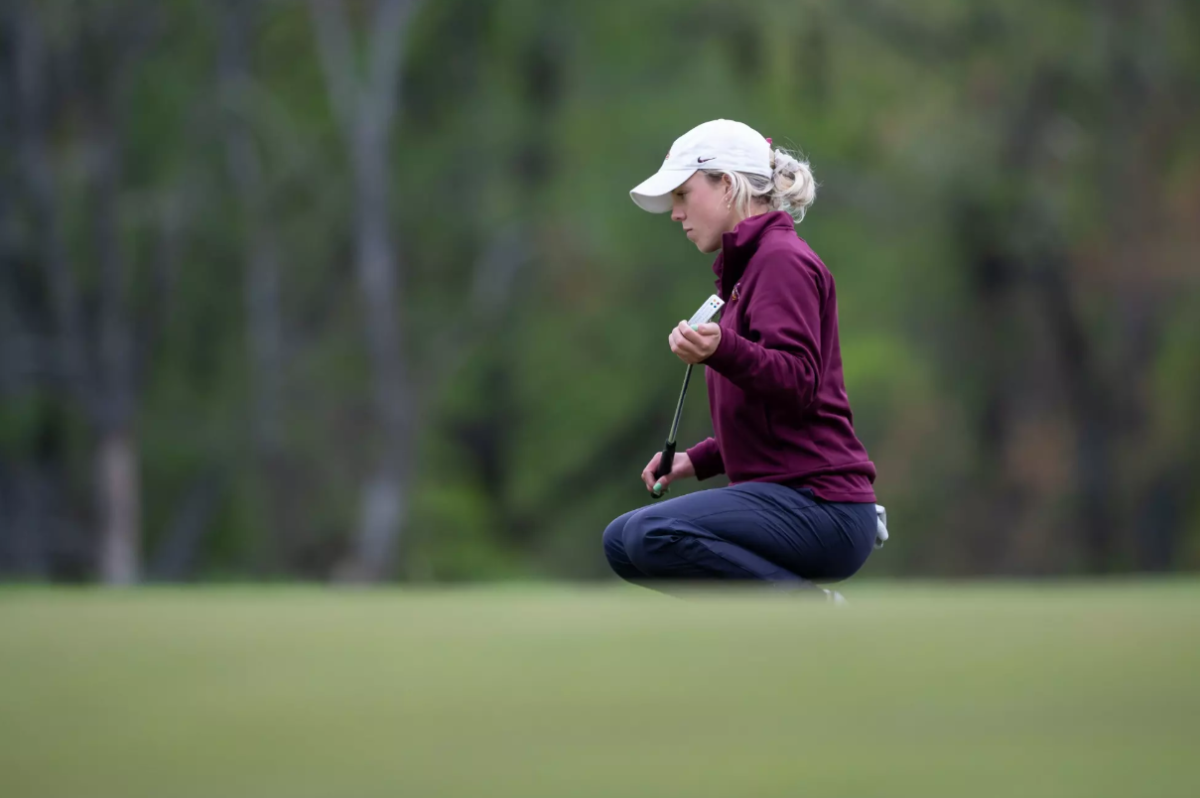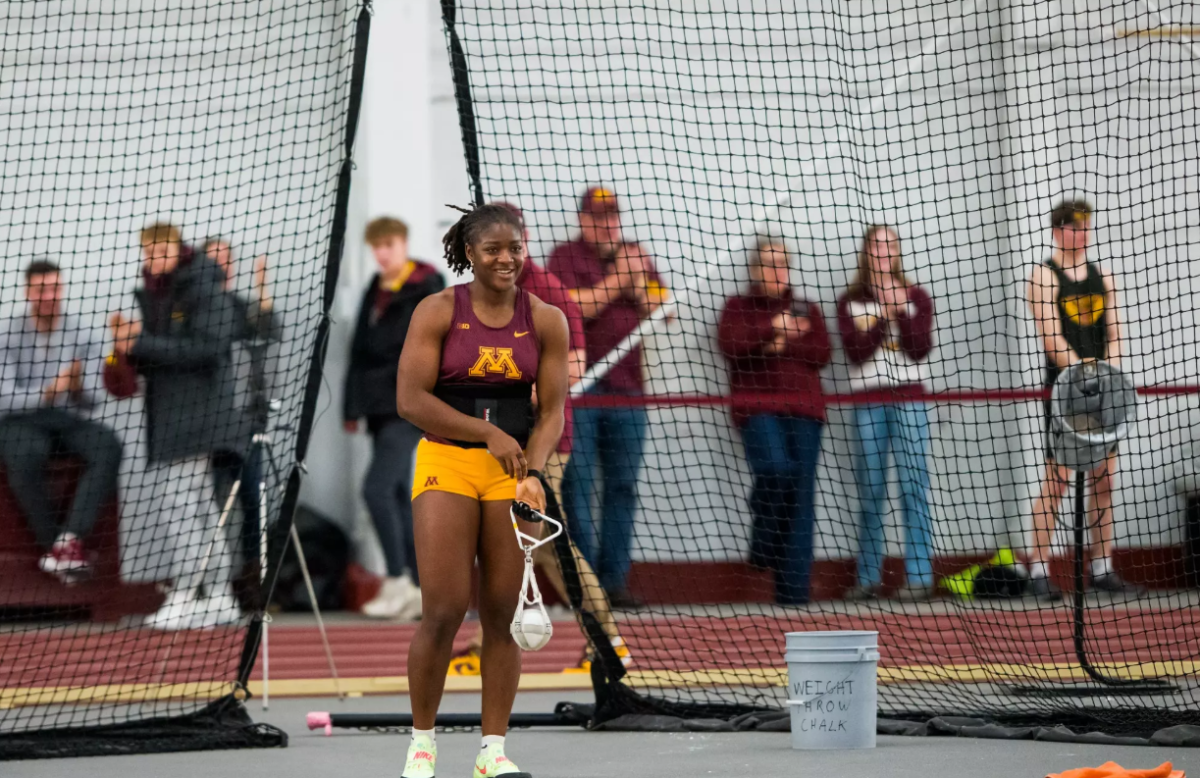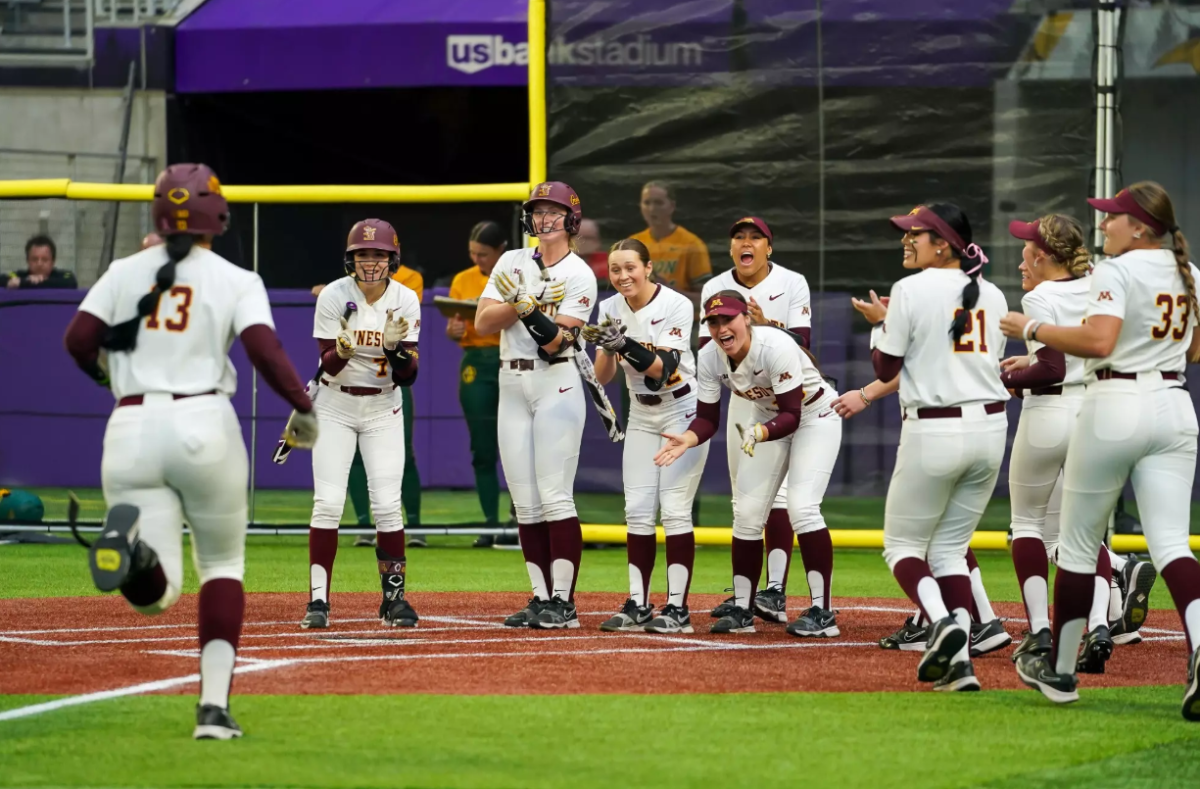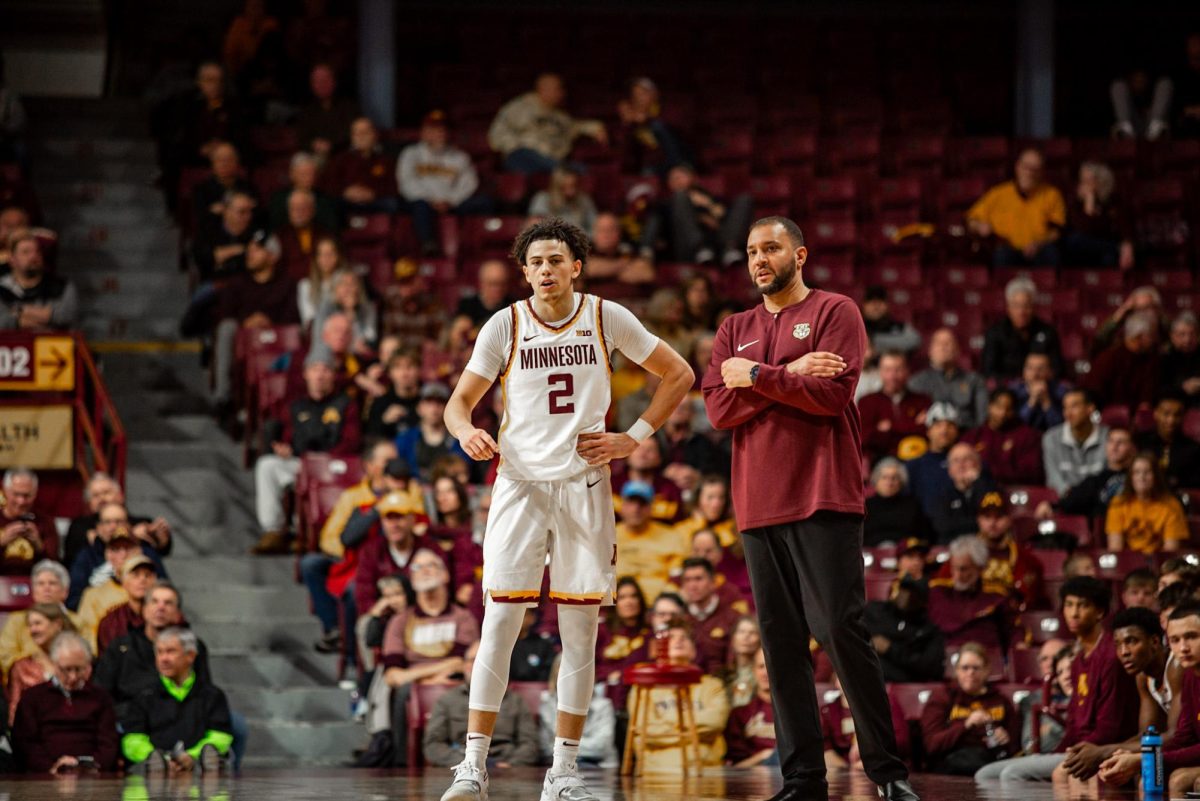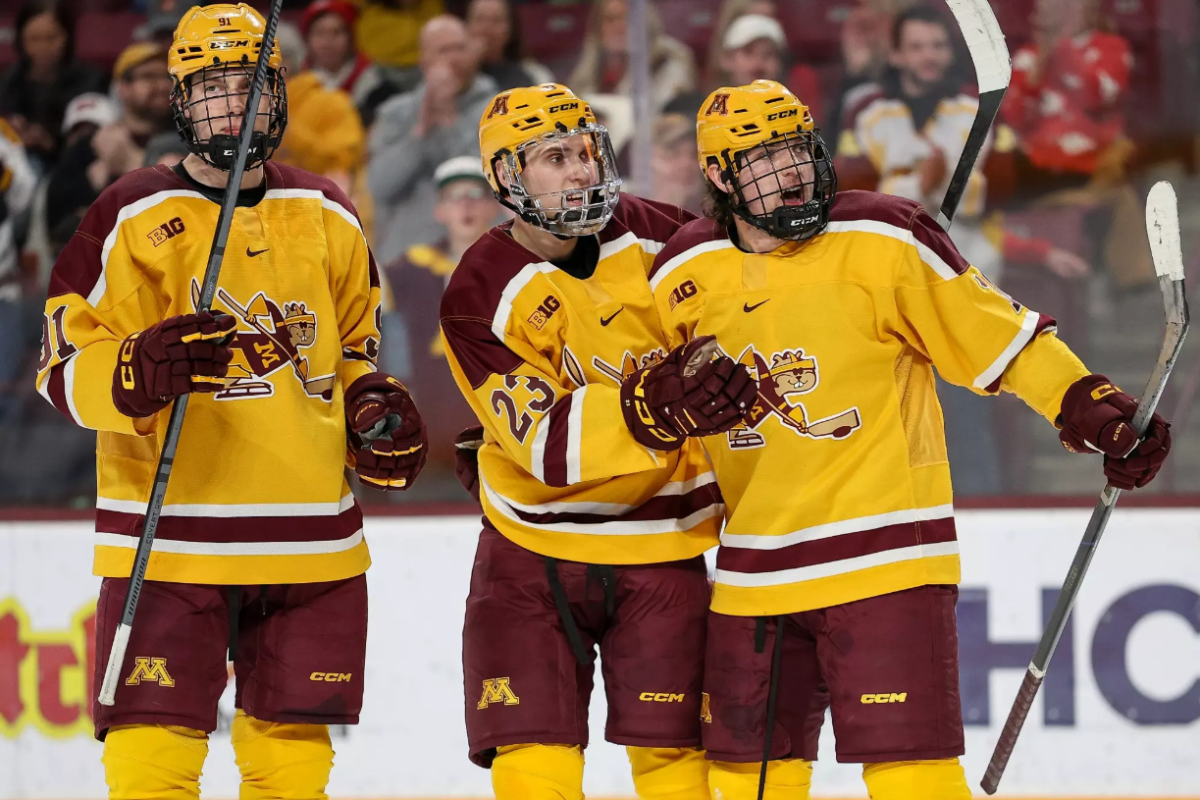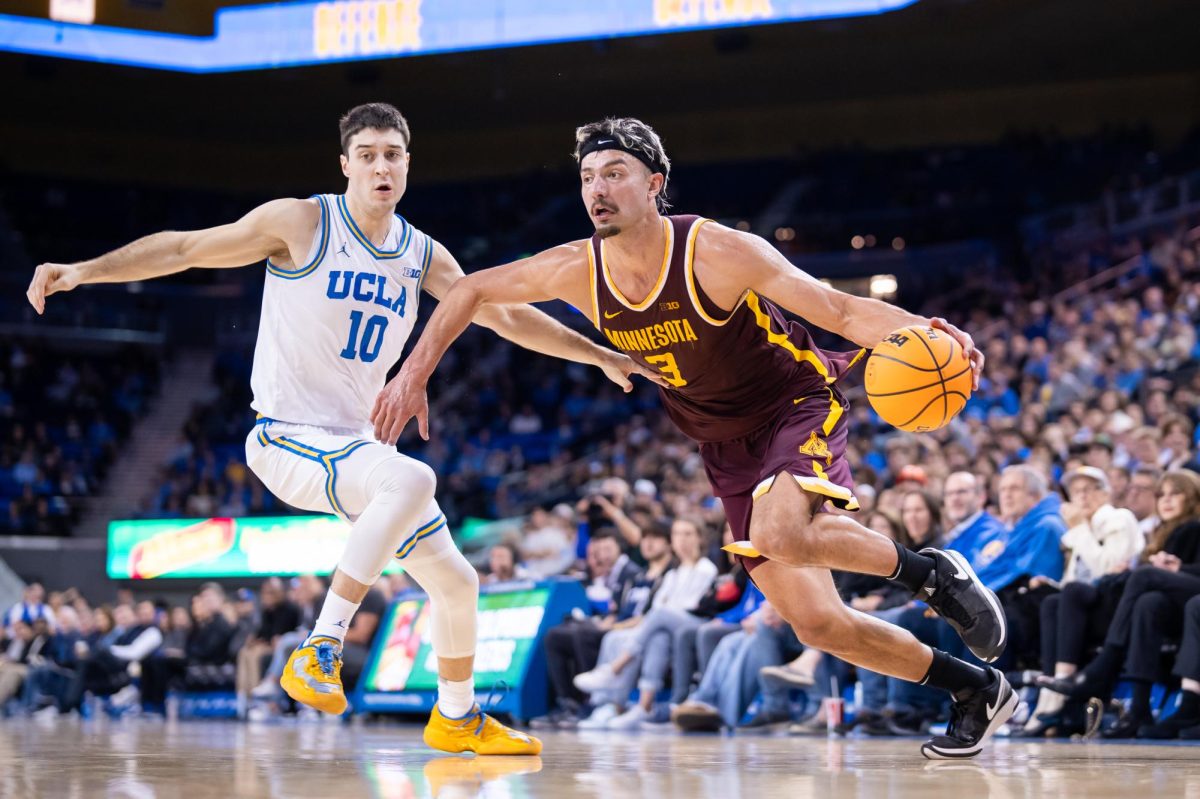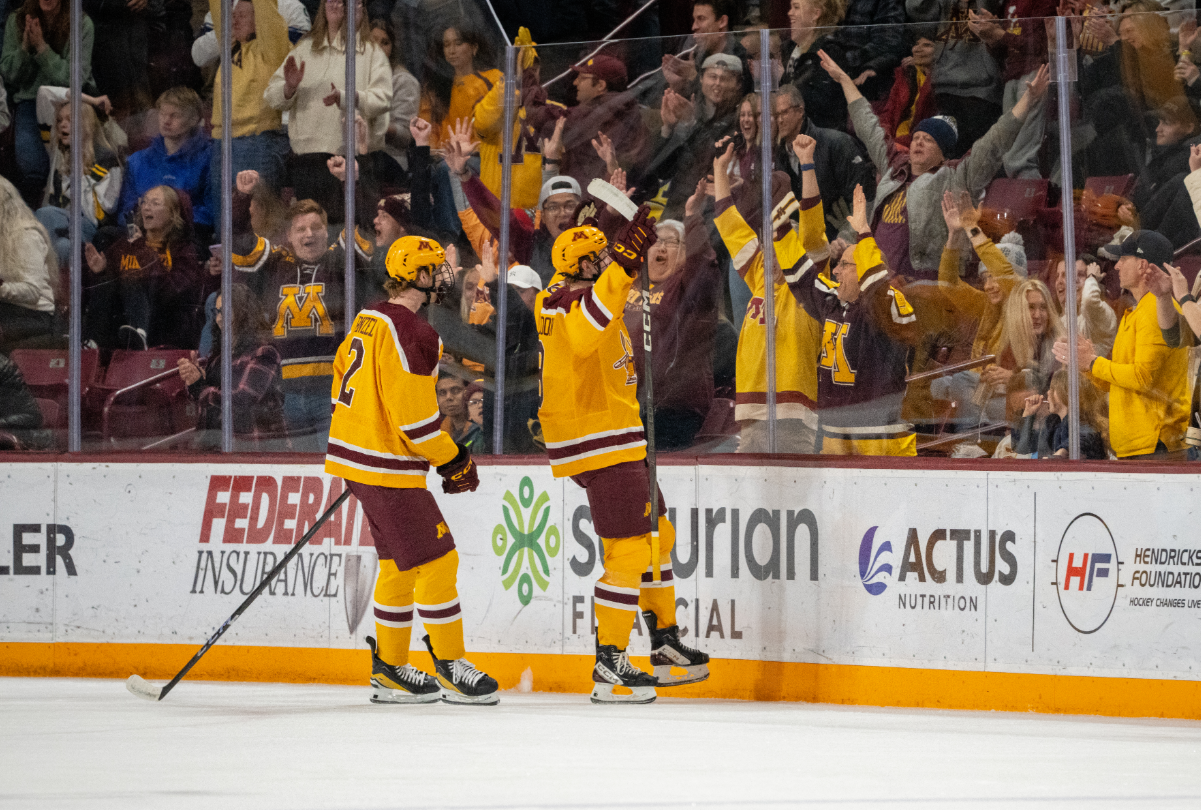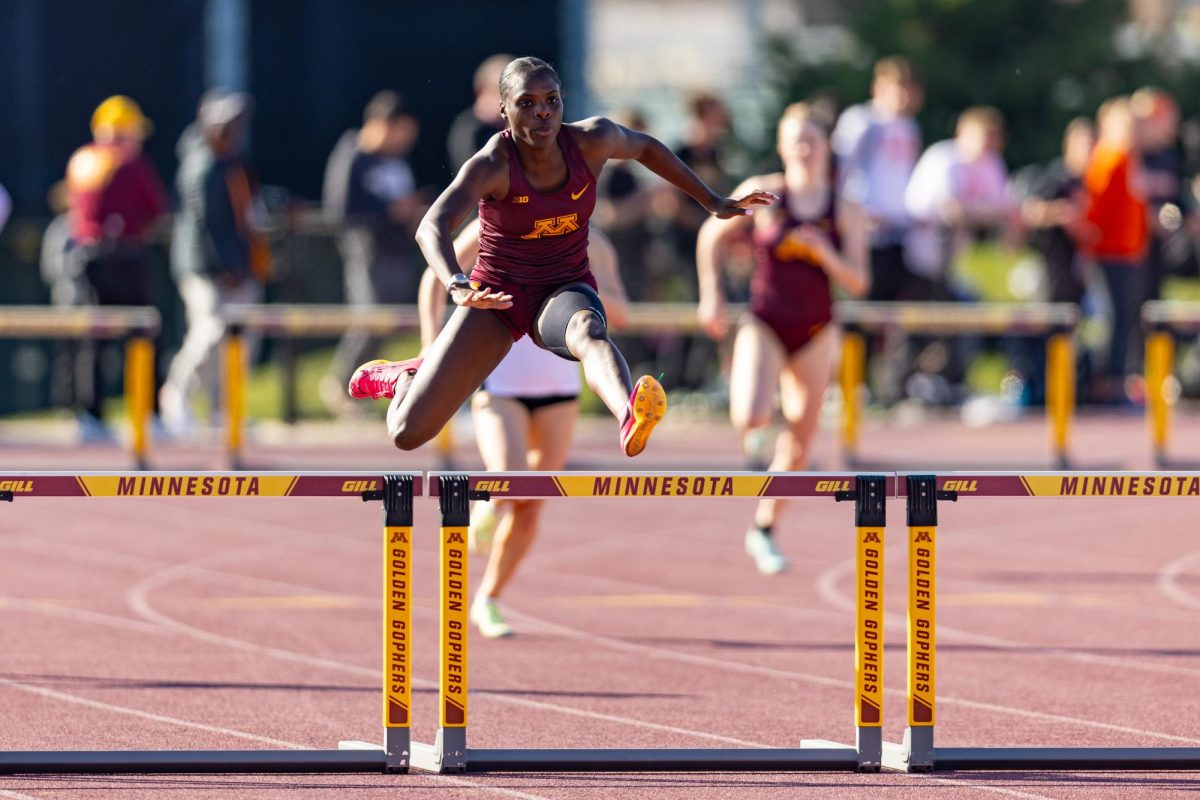When the Gophers softball season ended, what awaited senior Katelyn Kemmetmueller at home was not the typical quarantine. Instead of increased time on Netflix or shopping online, Kemmetmueller traded in her mitt and bat for some boots and gloves on her family’s farm in Rogers, Minnesota.
The farm is mainly a dairy operation, and since cows need to be milked twice a day, global pandemic or not, the daily routine has stayed the same.
Except now, Kemmetmueller and her four siblings are there to help.
The family typically starts the day at around 5 a.m. Before milking the cows again in the evening, their days are filled with other necessary chores like cleaning out the cow pens, feeding the farm’s pigs, goats and chickens and preparing tractors for spring planting.
The sudden transition to online classes and the end of her softball career was difficult, Kemmetmueller said, but fitting her class schedule around her responsibilities at home has worked out well. As a nursing student, she has class just once a week with the rest of her schedule dedicated to in-hospital clinical experience, which has shifted to distancing learning to limit the unnecessary use of personal protective equipment.
“The University of Minnesota’s nursing program is really great in the fact that we’ve done a ton of clinical hours in our last year. We don’t have to do any more hours in the hospital, but we are doing a ton of virtual makeup clinical assignments,” she said.
Before the softball season was cut short, Kemmetmueller was able to bring her teammates back home for a visit and show them around the farm to see how the was she grew up was special for her and her family.
“It’s nice that my team gets to come out and see why I am the way that I am and meet my family. My family loves hosting the team. My mom makes dinner, my dad loves having the girls out, so it’s nice to have them come and see the way I grew up,” she said.
As the rest of the country is buying toilet paper and emptying supermarket shelves of flour and rice, Kemmetmueller said her farm, roughly 30 miles northwest of the University, has not had to make any adjustments in terms of dairy production. Many of their friends and neighbors have been contacting them about getting eggs from the Kemmetmueller’s chickens as they become scarce at the grocery store.
Unlike some dairy farmers, who have had to dump out milk as their producers are laden with more milk than they can distribute, the Kemmetmueller’s have not needed to do so. While social distancing guidelines have been extended as the state grips for the peak of the coronavirus, the Kemmetmueller’s have no plans to slow down while remaining safe.
“The day-to-day work is the same, obviously. Cows are still milking, still being fed,” said Dr. Marcia I. Endres, a professor of dairy cattle production and director of graduate studies in the University’s College of Food, Agricultural and Natural Sciences. “Farms tend to be mostly open space — the only area where you might have people close together is where they milk them, depending on the size of the [milking] parlor, but even in the parlor you can create separation. You can make sure people stay at least six feet apart.”


